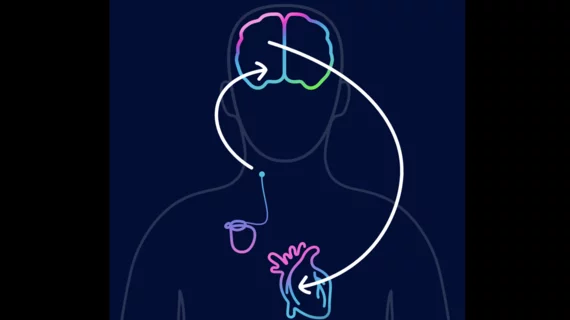CVRx ‘thrilled’ with Q1 performance as Barostim use continues to increase
CVRx, a medical device company known for its novel Barostim technology that uses neuromodulation to improve the symptoms of patients with heart failure, has shared financial and operational data from the first quarter of 2023. Overall, the Minneapolis-based company cited key improvements both in the United States and around the world.
CVRx reported strong performances in the quarter that highlight its growth in a very competitive market. Heart failure revenue in the United States was $6.8 million, a 132% increase over the prior year quarter, and worldwide revenue was $8 million, a 96% increase over the prior year quarter.
The number of centers actively implanting CVRx devices, meanwhile, reached 122, up 118% compared to the first quarter of 2022.
“I am thrilled with our first quarter performance, which demonstrated solid execution on multiple fronts,” Nadim Yared, president and CEO of CVRx, said in a prepared statement. “We were able to share the preliminary data from BeAT-HF during the first quarter and grow our U.S. heart failure business. This is a testament to our team’s ability to accelerate adoption of Barostim through the increased capabilities of our commercial organization and our marketing and awareness efforts. As we look ahead to the rest of 2023, we are excited about the opportunities that lie ahead and confident that we will bring relief to patients suffering from heart failure.”
The company also shared that gross profit for the first quarter of 2023 was $6.7 million, up 113% compared to the first quarter of 2022.
Looking ahead
CVRx is expecting total revenue for 2023 to fall somewhere between $35.5 million and $38 million. For the second quarter of 2023, the company thinks total revenue will be $8.2-8.8 million, which would represent a slight increase compared to this first quarter.

